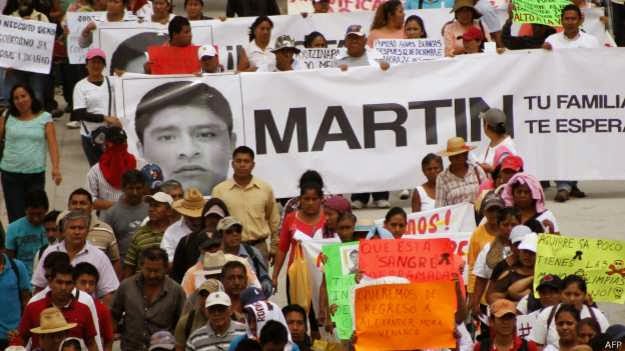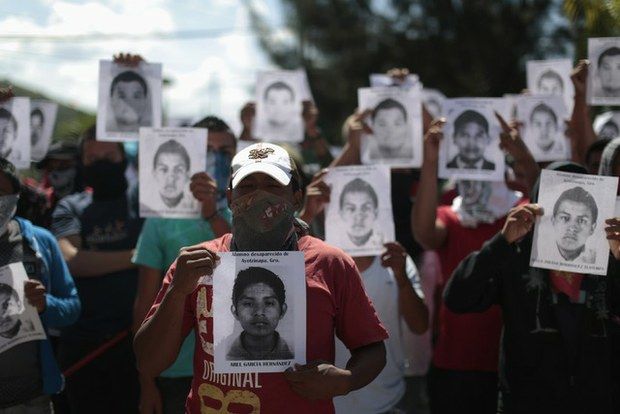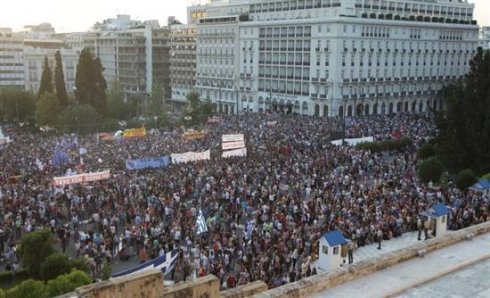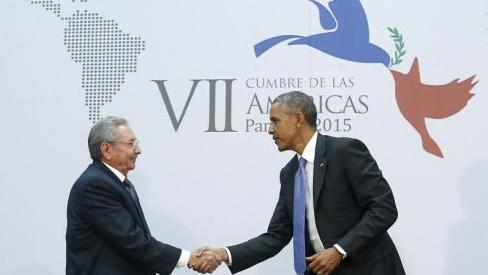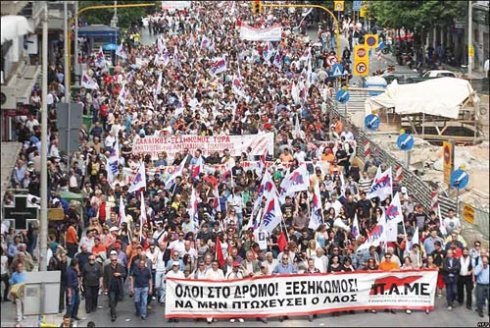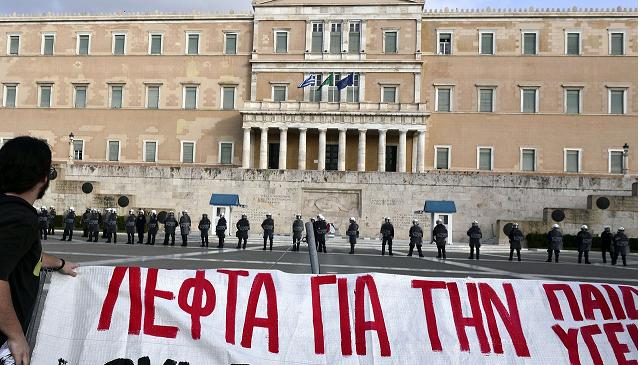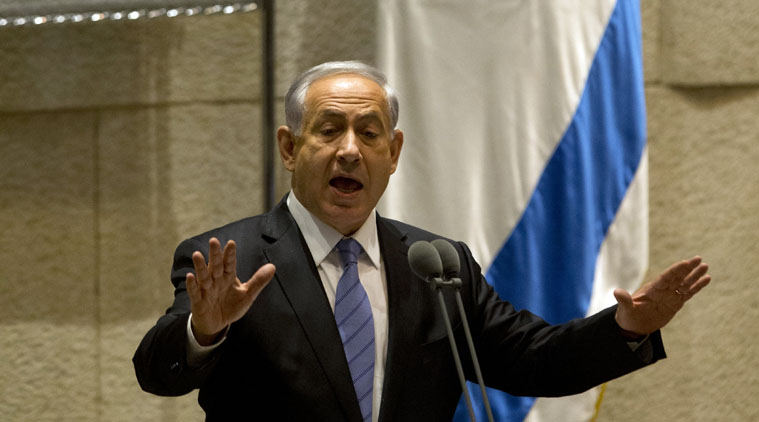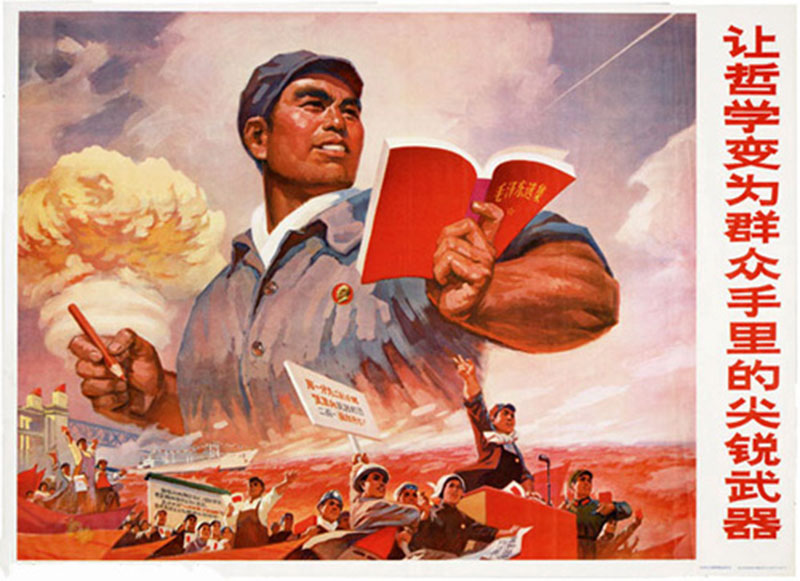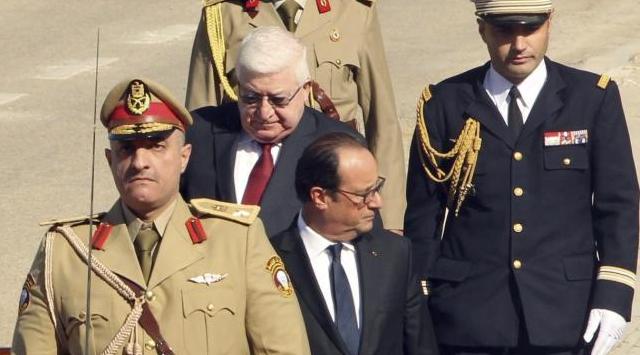Egypt
Egypt: The army is trying to hijack the mass protests
07/07/2013
July 4, 2013
Powerful mass demonstrations sealed the destiny of the Egyptian President Mohamed Morsi who was toppled on July 3 by the army in a ‘soft coup’ supported by the wide spectrum of opposition to the Muslim Brotherhood government. The chairman of the Supreme Constitutional Court is the acting president for an unspecified transitional period. Given the relation of forces, the military opted to take control of the revolutionary process in order to derail it and to effect a controlled transition to avoid further radicalisation.
The popular uprising started on June 30, when several million people – among them youth, workers, the urban poor, and secular and religious sectors – took to the streets demanding Morsi’s resignation. Waves of protest took place not only in Cairo and Alexandria but also in small cities and villages including the industrial city of Mahalla – where most of the working class vanguard is concentrated.
The demonstrations were called by the Tamarod (Rebel) movement, which is a small grassroots campaigning group composed mainly of youth that focused its activity on collecting signatures for a petition that called for Morsi’s resignation. They were joined by the bourgeois oppositionists of the National Salvation Front, a grouping that includes Morsi opponents such as Mohammed El Baradei, former supporters of the Mubarak regime and the radical Islamist party Nur.
The June 30 coalition, which is made up of these organisations, has assumed the leadership of the current process to avoid the struggle against Morsi escalating into opposition to the entire regime. The army is the real power behind the throne. For this reason, despite its heterogeneity, all the participants in the coalition agreed to negotiate with the army the formation of a new transitional ‘technocratic government’ to replace Morsi, and to call for new elections.
Although these organisations were able to guide the demonstrations, helped by the fact that the army didn’t open fire in order to maintain its credibility as the guarantor of the political order, the protests show that the revolutionary process which opened with the ousting of Mubarak at the beginning of 2011 is still going on, now driven by economic and democratic demands.
The failure of the Morsi government
After the overthrow of Mubarak, the army, the Egyptian ruling class, and the US and other international governments sponsored a ‘democratic transition’ to derail the revolutionary process. Although demonstrations continued, they managed, not without difficulty, to organise elections, which were won by the Muslim Brotherhood’s political arm, the Freedom and Justice Party.
However, after a year in power, the reactionary character and the neoliberal agenda of the Muslim Brotherhood became clear to a wide section of the population, who could see that it was serving the interests of local entrepreneurs, imperialism and the Gulf monarchies. The democratic concessions to the masses were minimal. The state apparatus of the Mubarak dictatorship was still intact, the army continued to maintain its role as an arbiter and kept control of 40% of the economy, and the country continued its subordination to the United States and its agreements with Israel. Moreover, the new constitution gave more power to the Islamic organisations and threatened the secular character of the state.
Against the backdrop of a capitalist crisis and the decay of the Egyptian economy – which is highly dependent on exports – the masses’ living conditions worsened. Unemployment increased from 9% in 2010 to 13% and at least 25% of the population now lives in poverty. Morsi’s policy was to accept the IMF’s adjustment plan, which demanded among other things the withdrawal of subsidies on fuel and other basic goods, in order to obtain funds.
For that reason, in his year in office Morsi had to confront an unprecedented wave of strikes. In some vanguard sectors, such as the textile workers in Mahalla, the demands went beyond the economic and included the call for a nationalisation programme. In the first quarter of 2013 alone there were 2,400 protests and demonstrations.
Perspectives
One of the limitations of the recent mass demonstrations was their political and class diversity. The working class, which played a key role in 2011 in precipitating Mubarak’s fall and was an influential player in the struggles that challenged the derailing of the revolutionary process since then, didn’t intervene with its own methods of struggle and organisations, but was dissolved into the mass protests. The central demand of the protests was not to oppose the entire political regime, the state and imperialism, but was limited to bringing down the Morsi government. This enabled the June 30 movement to present the army as a ‘friend of the people”, generating expectations that a solution was possible alongside the army.
So far, it seems that the policy is to establish a more liberal and secular government, one which can count on the support of the United States, behind which the army holds the real power.
However, the solution to this second ‘derailment’ of the revolution is not simple. The workers, youth and masses in Egypt have been through the extraordinary experience of two and a half years of struggle, in the framework of the Arab spring. Moderate political Islam – essentially the Muslim Brotherhood – the main political force apart from the army that has support among the masses, is in a profound crisis. It remains to be seen whether the Freedom and Justice Party is going to be integrated into the new government or not. If they are left aside from the new ‘transition’, it cannot be ruled out that sections of the Muslim Brotherhood or more radicalised Islamists would resort to terrorist methods as they have done in the past. What is clear is that the Egyptian process will have regional repercussions and could give a new impulse to the Arab spring.
So far the masses have celebrated Morsi’s ousting and the solution presented by the army as a triumph. However, sooner rather than later their expectations will come into collision with this reactionary solution. To prevent the new situation from being appropriated by the army and the bourgeois opposition for their own purposes, it is necessary for activists to warn the masses not to trust either the new government or the army. Against any attempts to pass a rigged constitution under the tutelage of the army and imperialism, it is necessary to achieve through struggle a free and sovereign Constituent Assembly. For the working class and the oppressed youth to be able to make their demands heard it is necessary for them to develop their own democratic organisations and put forward a provisional programme that links democratic, economic, social and anti-imperialist demands that open the road for the struggle for workers’ and people’s power.
Translated by Alejandra Ríos.

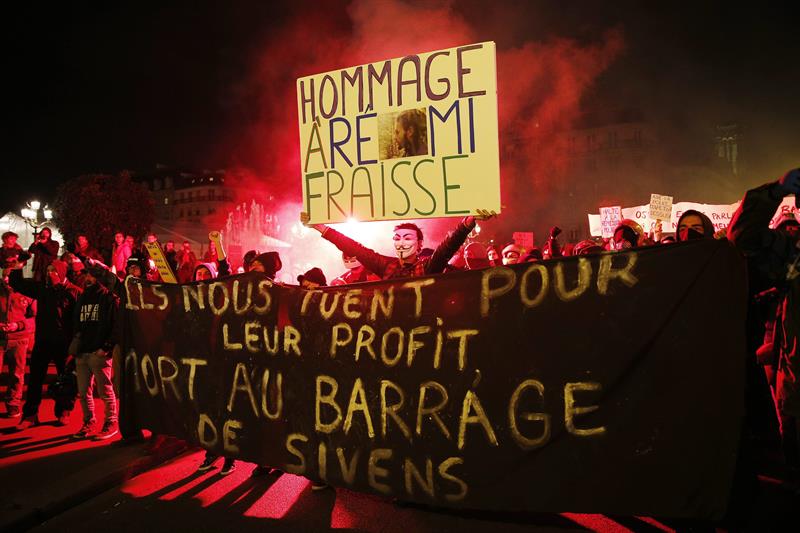
![Declaration of the Movimiento de los Trabajadores Socialistas [MTS] facing the brutal murder and disappearance of the normalistas students of Ayotzinapa](http://www.ft-ci.org/IMG/arton8590.jpg?1687978277)
